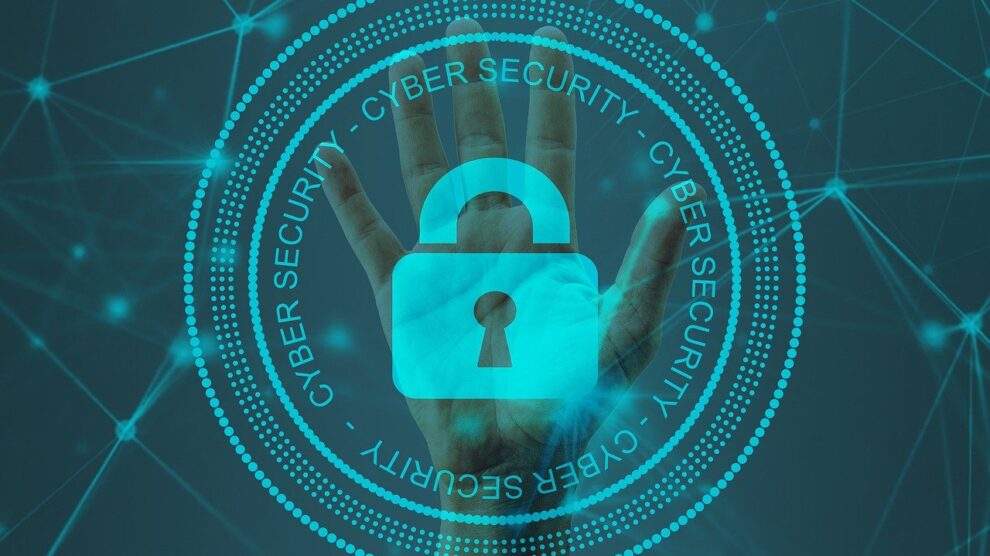Cyber-espionage is an imminent threat to the world, especially to the nuclear armed nations. This cyber threat poses nuclear risks that can be extremely dangerous. Hacks can be used to undermine the security of nuclear materials and give access to cyber-terrorists to exploit it to the devastation of the world. Moreover, this cyber threat can also compromise nuclear command and control systems that can suppress the nuclear weapon employment of a nation.
The Internet Has Made the Nuclear Realm All the More Volatile
Research on traditional nuclear security has shown that the primary focus of nuclear practices had been to prevent physical attacks by using guns and guards in order to thwart theft of materials to build a bomb. Also, these practices aimed at preventing unauthorized access of nuclear command and disabling any sabotage of nuclear facilities. However, there is no noteworthy progress in preventing the growing threat of cyber-attacks on nuclear weapons and storage.
The nuclear-armed nations are significantly vulnerable and should now work aggressively on achieving a breakthrough to overcome this advancing threat.
It goes without saying that the governments around the world are cognizant of the gravity of this situation and are working to understand and minimize the vulnerabilities. But due to the increased advancement in technology, these cyber threats are becoming more sophisticated each day. Still, in the nuclear world, there is not a single nation that can tactfully handle the cyber threats aiming at their nuclear weapons. Even in countries with advanced nuclear power and research programs, measures to control the cyber-nuclear threat have been insignificant or in other words, they are non-existent. It has been found that the expertise and research developments in the field of nuclear cybersecurity are in short-supply and the International Atomic Energy Agency (IAEA), which provides countries with assistance and training in this area, does not have the resources necessary to address the growing threat.
Nuclear Grade Cyberattacks Can Be Dangerous
One can think of three basic scenarios of how a nuclear grade cyberattack can be developed and play a threatening role in destroying the peace of the world. In simple terms, a nuclear grade cyber-attack can happen when a country’s intelligence service steals, deletes, or compromises another nation’s military data. The subsequent attacks and retaliations between the two can lead to a nuclear catastrophe and vast damage to civilian life.
Another situation like this might occur if a nation, a terrorist organization or any non-state actor unleashes a huge destructive cyberattack that can affect electrical utilities, water treatment facilities and destroy industrial zones.
Perhaps, the most devastating possibility is that the attack can take place by mistake. In today’s digital world one wrong click might bring a destruction of infrastructure and human life.
Nuclear Hack Attacks Can’t Be Compared to iOS or Android Monitoring App
Let’s be clear about the magnitude of a hack attack on nuclear arsenals. Rest assured it is a lot more menacing than malware or an Android Monitoring App that might leak data at worst.
Taking into account the current scenario, there is no safe way to protect a state against a nuclear cyber-attack, except to block those avenues that make such threats possible in the first place.
The first thing to make sure is that a country’s government, businesses and its people secure their systems to prevent any person from intruding into their personal information and official domains. There should be no information available to the hackers to dig into and exploit it to build their own connections.
The industrial zones, electrical facilities, transportation companies and firms need to be more secure as hackers can work covertly to access a nation’s most critical equipment and bring them under their control. An analysis has shown that nearly three-quarters of energy companies in the U.S. had experienced some sort of network intrusion in the previous year. The intruders accessed the systems to execute hack attacks on industrial machinery and other critical equipment.
It is pertinent to mention here that such important infrastructures can only be protected through skilled cybersecurity personnel and expert staff who can do research in this field to meticulously handle the cyber-security threats on nuclear facilities. A proper department to handle nuclear threats should be developed by every nuclear-armed nation in which highly qualified professional teams should be employed to protect this highly sensitive area. In the U.S, one recruiter has expressed concern that even some of the jobs that are held by people dealing in cyber-security aren’t sufficiently qualified to do them. The solution is to introduce regular training sessions to teach people in such positions how to contain new cyber-threats and develop effective defensive strategies.
Now is the time for the world to start protecting itself from potential cyber-attacks, especially the nuclear kind. Every individual and government agency including all businesses need to work on finding solutions in order to secure their country’s vital systems on which people’s lives depend.





